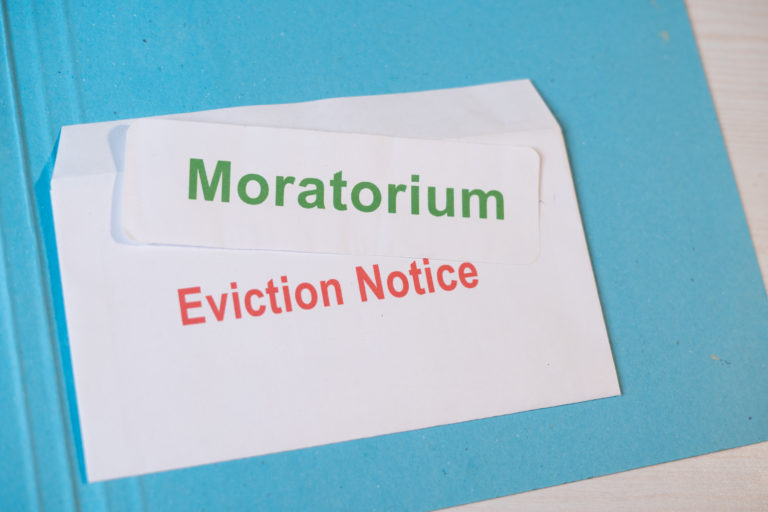As the federal eviction moratorium draws down, state lawmakers are proposing exit strategies for their own moratoria that blend date certainty with targeted renter protections for those still at risk for eviction.
On June 29, Minnesota Governor Tim Walz signed a new law aimed at replacing the Governor’s eviction moratorium by executive order with a legislative solution that allows evictions to gradually resume for certain groups. The 105-day “off ramp” period starts 15 days after enactment, allowing evictions involving material breaches of the lease to proceed. After 45 days from enactment, the restriction on lease non-renewals for renters who are ineligible for rental assistance is relaxed. After 75 days, evictions for renters who do not qualify for rental assistance will resume. The order leaves most eviction protections to expire by October 12, 2021, but renters with pending applications for rental assistance will be granted eviction protections until June 1, 2022.
“We’ve expressed our serious concerns with section 4 of the [bill],” said Todd Liljenquist, Vice President of Government Affairs and Chief Operating Officer for the Minnesota Multi Housing Association (MMHA) on the pending application provision. “Our concern is that language would permit residents to ‘slow walk’ the application process and not provide necessary information to complete the application in order to avoid eviction. Also, if denied rental assistance we believe they could reapply for assistance to continue to have a ‘pending application’ and avoid eviction.”
In New Jersey, state House and Senate lawmakers passed a bill that would end the eviction moratorium for most renters by September. The plan would remove eviction protections for individuals making more than 80 percent of the area median income (AMI) after August, 31, 2021. Those who make less than 80 percent of the AMI would still be covered under the eviction moratorium until December 31, 2021. Eviction cases not due to nonpayment of rent would be allowed to proceed immediately upon enactment of the bill. The New Jersey Apartment Association (NJAA) worked closely with lawmakers to construct compromise language, incorporating the bill as introduced with Governor Phil Murphy’s input. Thanks to NJAA’s ongoing advocacy, the bill passed both houses with overwhelming support.
Governor Gavin Newsom of California recently signed off on a $5.2 billion piece of legislation that will replace the state’s current rental assistance program, as well as extend its eviction moratorium until September 30, 2021. Under current law, housing providers are reimbursed 80 percent of overdue rent so long as they agree to forgive the remaining 20 percent. Assembly Bill 832 pays back 100 percent of overdue rent for renters and housing providers applying for relief. The bill also includes additional renter protections, including eviction protections after September 30 for renters who can certify applications for rental assistance. The bill would also permanently seal court records for any individual facing eviction due to nonpayment during the COVID-19 pandemic.
In Washington, Governor Jay Inslee announced the extension of his state’s eviction moratorium until September 30, 2021. Referring to the extension as a “bridge,” Gov. Inslee believes that the extension complements the recent eviction diversion programs approved under Senate Bill 5160, giving renters facing eviction more opportunity to access services. Passed in April, SB 5160 establishes an Eviction Resolution Pilot Program which facilitates a resolution to cases of nonpayment prior to filing an unlawful detainer action. The bill also established a statewide right to counsel standard whereby low- and extremely low-income individuals are able to access free legal representation during eviction proceedings.
While moratorium wind-downs may look different from state to state, it is clear that individuals facing housing instability also experience financial uncertainty greater than ever before. It will be critical to their recovery and the recovery of the rental housing market that moratorium exit strategies set clear expiration dates and prioritize long-term, sustainable solutions that address financial insecurity for those at risk.
Article Courtesy of The National Apartment Association – www.naahq.org
For more information on state eviction policy, please contact Sam Gilboard, NAA’s Manager of Public Policy.


